Guest post by Sabine C. Carey, Michael P. Colaresi and Neil J. Mitchell
With Islamic State at the gates of Palmyra, the pro-government Shabiha militia lifted its last car-loads of antiquities. Although Islamic State is known for their destruction of historical artifacts and committing humanitarian atrocities, looting and fear in Palmyra predates its seizure by Islamic State in May 2015. Shabiha has been in the illegal treasure trade for years and has atrocities to its name, see, for example, here and here.
Further east along the Silk Road from Palmyra, an Afghan vice-president has a militia poised to take on the Taliban in Faryab province. There, too, these types of pro-government forces have a poor reputation. While observing that most civilians are killed by the Taliban, a recent UN Report lists the harm done by pro-government forces. In May 2014, a fifteen year old boy was raped by a pro-government militia in Kunduz province. The UN reports that “The boy’s older brother asked the armed group to recruit him instead … but was told that only the younger brother could ‘satisfy their lust.’ No arrests have been made in the incident.” Vice-President Dostum prefers to refer to his militia as an ‘uprising force,’ hinting at a more spontaneous grass-roots movement that has some popular legitimacy.
Our recent research suggests that this group, like Shabiha and many others around the globe, are not one-off phenomena or anomalies of failed states, but emerge from the logic of delegation. Studies of public-private collaboration have found efficiency gains from outsourcing policy responsibilities. Indeed, relying on armed non-state actors reduces the cost of maintaining regime security. These groups can act as force multipliers and as a source of intelligence in areas that the traditional military may have difficulty penetrating. We show that many governments delegate to these groups when they face armed threats and have an incentive to deny responsibility for excessive violence. Our study suggests that linking foreign aid to good governance is a complicated process, as Western donors might inadvertently create an incentive for recipient governments to use militias to avoid responsibility for their violence and not risk a decline in aid money. Despite the idea of states aiming to ‘monopolize violence,’ they continue to find collaboration with non-traditional security forces attractive.
The downside of collaboration is a loss of control. Non-state actors can take advantage of their principal’s lack of knowledge or indifference and usurp a private benefit, such as cash from selling stolen antiquities. In most policy areas shirking or opportunism and its financial consequences may be tolerable. Yet with the authority to use violence, shirking brings human costs in the form of loot and destruction, exemplified by the Shabiha militia in Palmyra, as well as torture, beatings, sexual violence, or murder. The international community aimed to outlaw such behavior by creating the laws of war and the international human rights regime. Yet state parties to these international conventions may be indifferent to violence carried out by their allied irregular forces – provided the armed group offers an immediate strategic benefit – or it might simply be impossible to retrieve the guns once they have been handed out.
We know that weak democracies – the very places where we tend to find pro-government militias – are usually not the best in implementing these international commitments. But since the perceived success of the ‘surge’ in Iraq, where American forces partnered with local Sunni ‘Awakening Militias,’ strong democracies have begun to find such trade-off appealing. A scholar at the UK’s Royal United Services Unit puts it succinctly: “These guys [aren’t] going to be able to fight with Western liberal ethics, doctrines and beliefs … And that has got to be something that you accept — it has got to be a political decision to accept it — because militarily it is the most effective way of ending an insurgency.” Maybe we can “learn to live with militias.”
Drawing on related discussions of private military contractors, strong democracies might be expected to handle collaboration with militias more successfully. Yet, the evidence for this optimism is not convincing. Israel’s collaboration with the Lebanese Phalange militia in Lebanon in 1982, or Britain and the United States in Iraq and Afghanistan have very mixed experiences. In war, the principal’s common goal of winning is a levelling factor, and on occasion Western powers may ignore ‘western ethics.’
We also know that some militias are more dangerous than others. The more discretion they are given, the more dangerous they are likely to be. We distinguish between semi-official militias with some official or legal status and those that are in a loose, informal relationship. A sub-type of semi-official militias are locally recruited civilian defense forces, made up of civilians, defensive in operational activities, and confined to neighborhood duties, see here and here, such as civil defense forces in Peru. Research shows that these forces behave better than informal militias. But there seems to be a threshold of opportunism such that even militias set up by strong democracies and embedded locally use their authority for local score-settling and benefits.
The Afghan Local Police (ALP) was formed in 2010 as a US initiative to establish village level defenses, but it has a poor record. In June 2015 the International Crisis Group (ICG) described them as “cheap but dangerous.” The fundamental issue is the problem of monitoring and control, and these agents valuing the private benefits of sex, violence, revenge and loot over the protection of civilians. An Afghan policeman says “Wherever they see an opportunity, they act outside the law and there is not a good mechanism to keep them under control.”
Worries like these led to the UN recommendation: “Disband and disarm all armed groups and militia, and ensure accountability for those members of armed groups who carry out human rights abuses.” The trick is to do this without conceding to the insurgency.
Given the alternatives, the ICG recommendation in Afghanistan is pragmatic. Select out offenders and rogue units, and improve the training, pay, and monitoring by domestic and international actors – conventional solutions to a principal-agent problem. However, it is important to understand the motives for these groups in the first place and why some actors may seem a ‘blessing in disguise.’
Stepping back from immediate crisis points in Syria, Afghanistan, or Ukraine, the international community needs a better road map for the place of militias in the delivery of security. This can be accomplished by clarifying lines of accountability for protecting civilians and the opposition, and reducing the incentives to design murky security arrangements that lead to public insecurity.
Sabine C. Carey is Professor of Political Science at University of Mannheim. Michael P. Colaresi is Professor of Political Science at Michigan State University. Neil J. Mitchell is Professor of International Relations at University College London.


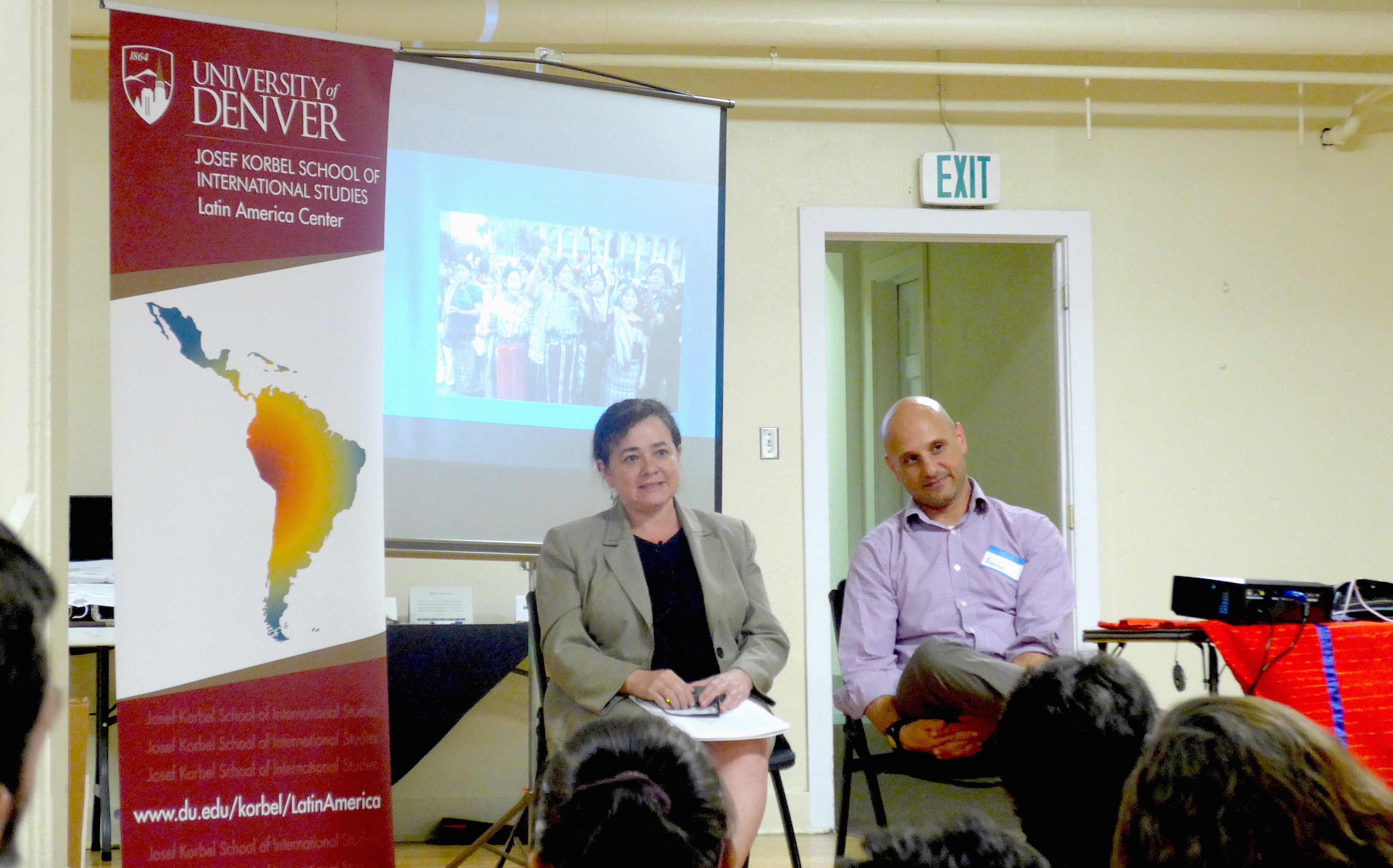
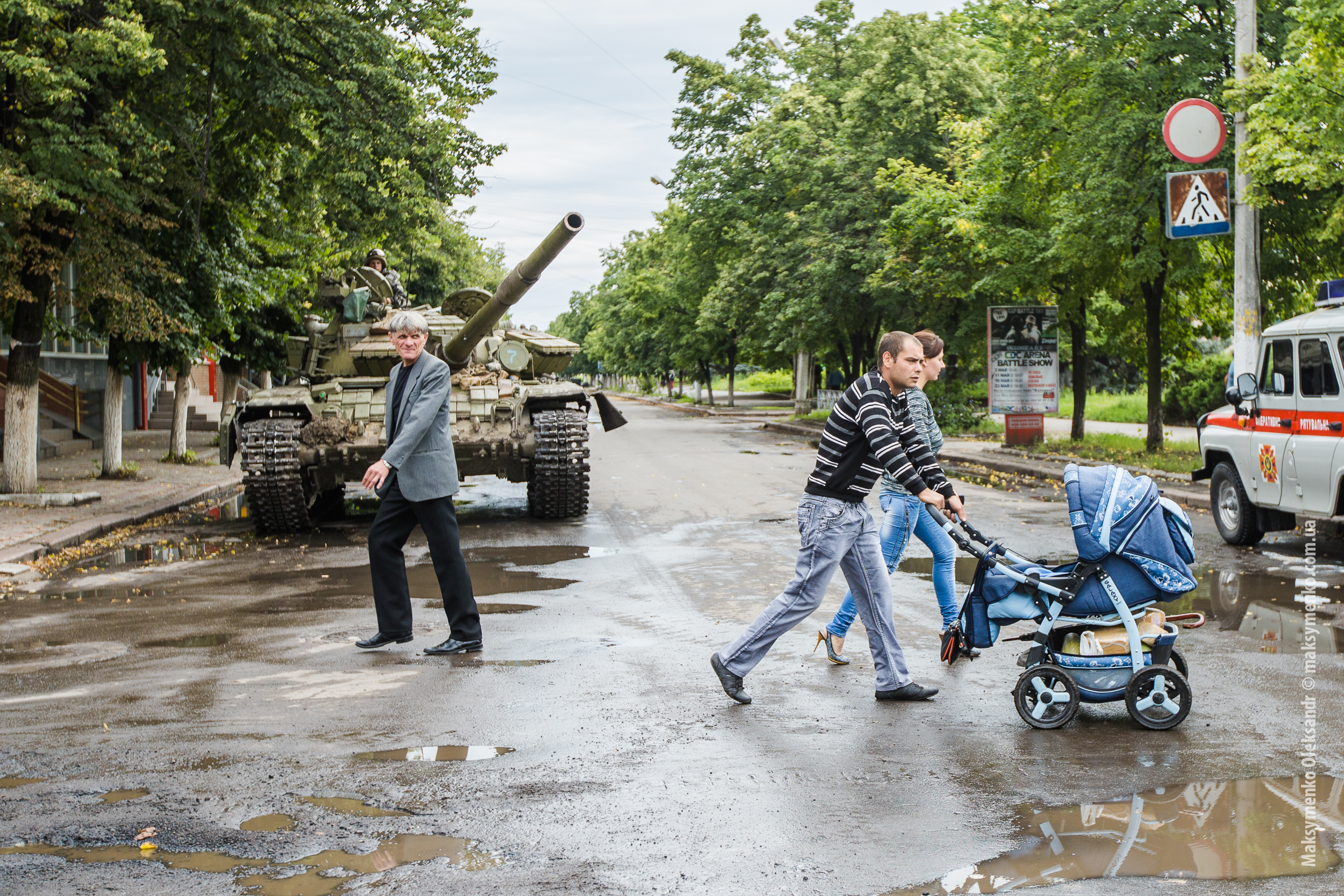
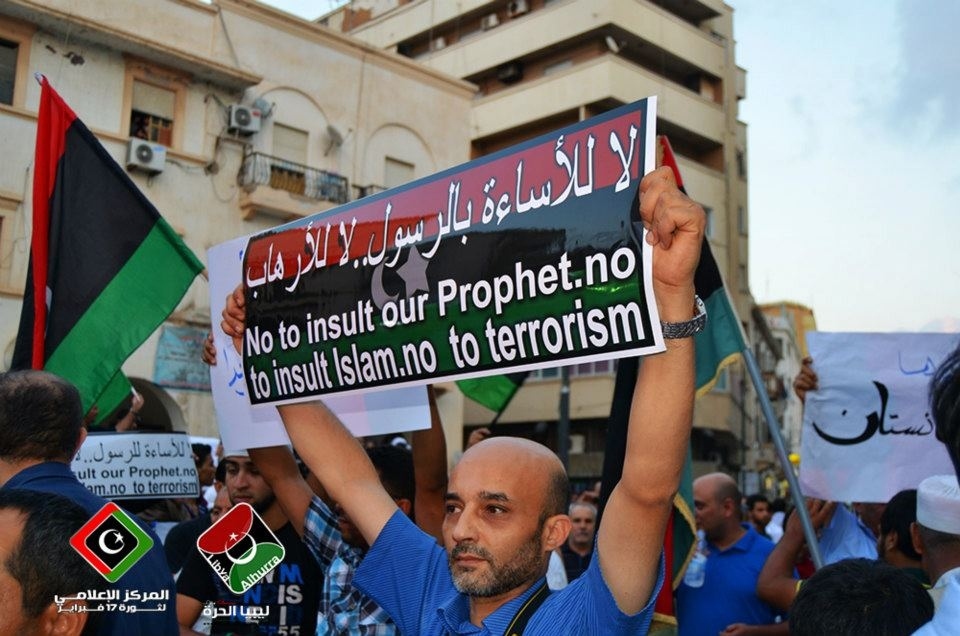

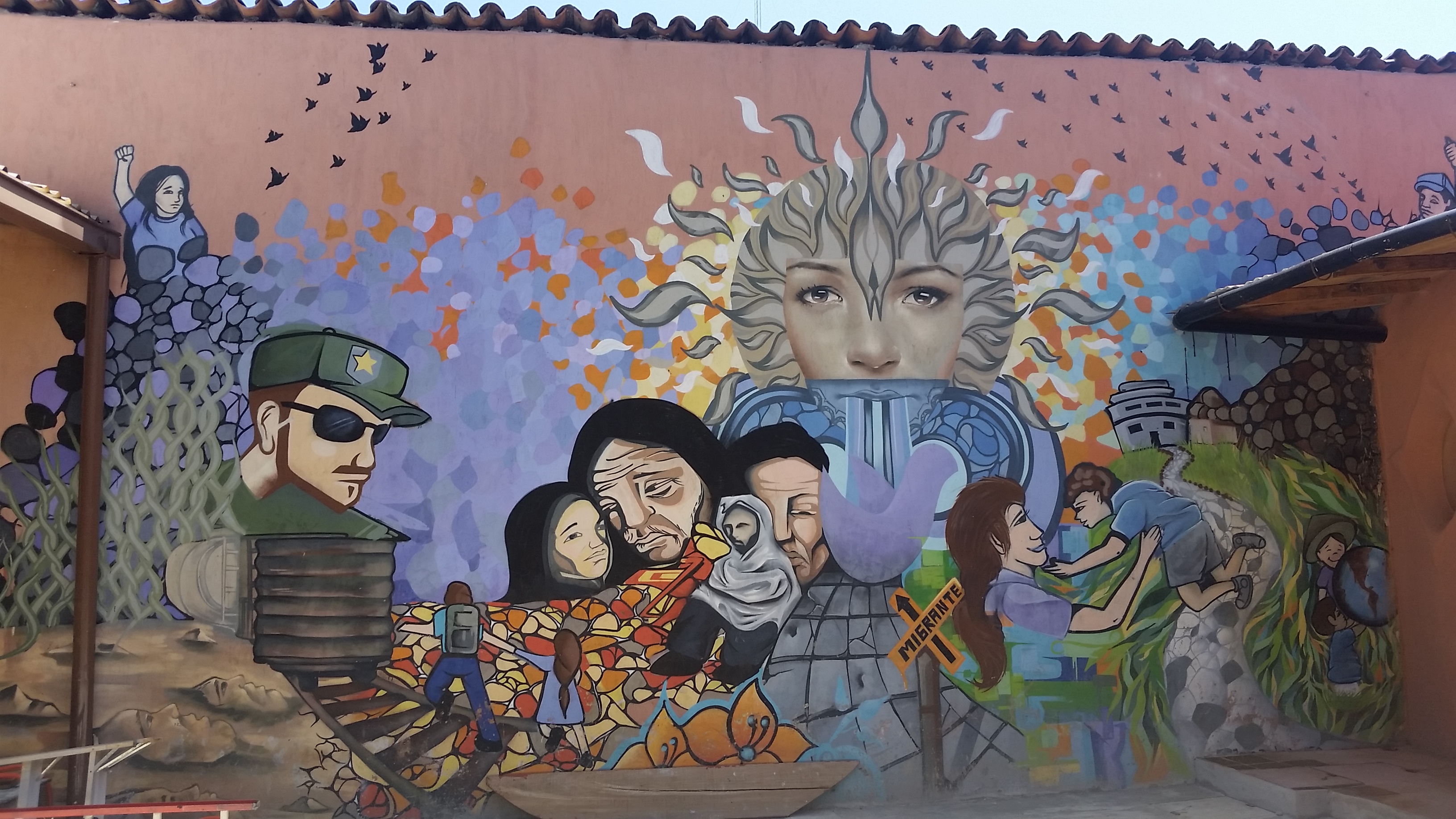
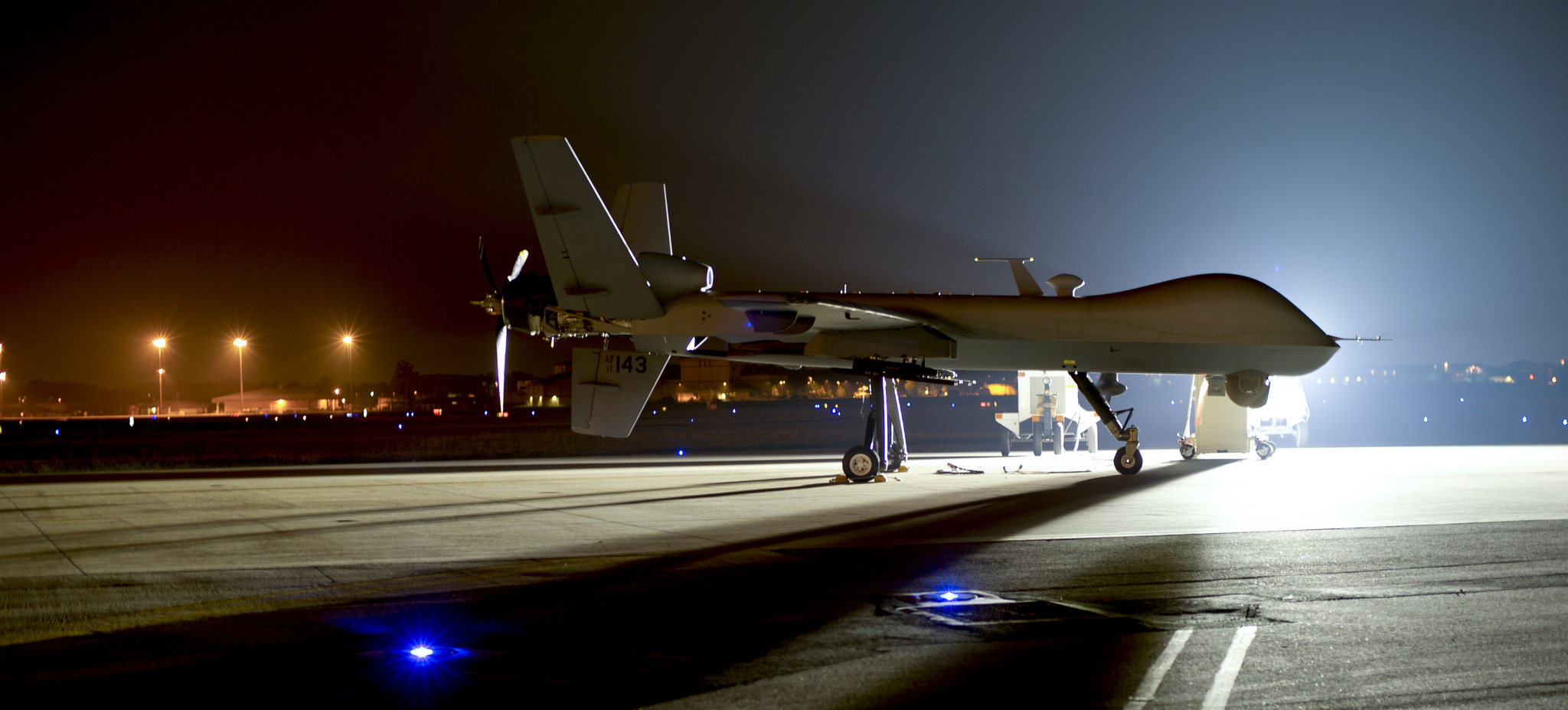
5 comments
It is worth noting that the creation of paramilitary structures has long been a tactic endorsed by the United States, and probably in its worst forms has resulted in the creation of the kind of “death squads” made infamous in those Latin American countries (i.e. El Salvador and Colombia) that have worked closely with US military institutions, and are consistently far more ruthless, violent, and indiscriminate than the insurgents the US and the local governments are so desperate to squash.
Most of the counter-insurgency manuals published by the US Army and the CIA in the ’60s through the ’80s not only discuss how to effectively create paramilitary groups, but also explicitly label certain segments of civil society, such as teachers unions and peasant groups, as being “inherently subversive” and thus viable targets for counter-insurgency. Some of the “indicators of subversion or insurgent sympathies” are even basic democratic activities, such as letter-writing campaigns and blaming government officials for problems!
At that point, it is worth questioning how committed US military institutions are toward goals of creating proper lines of accountability for militias and paramilitary groups around human rights issues and the preservation of democracy.
“Studies of public-private collaboration have found efficiency gains from outsourcing policy responsibilities.”
Is that a euphemism for cost-cutting? Externalizing quality issues? Sounds like best practices of modern business! 🙂 🙂